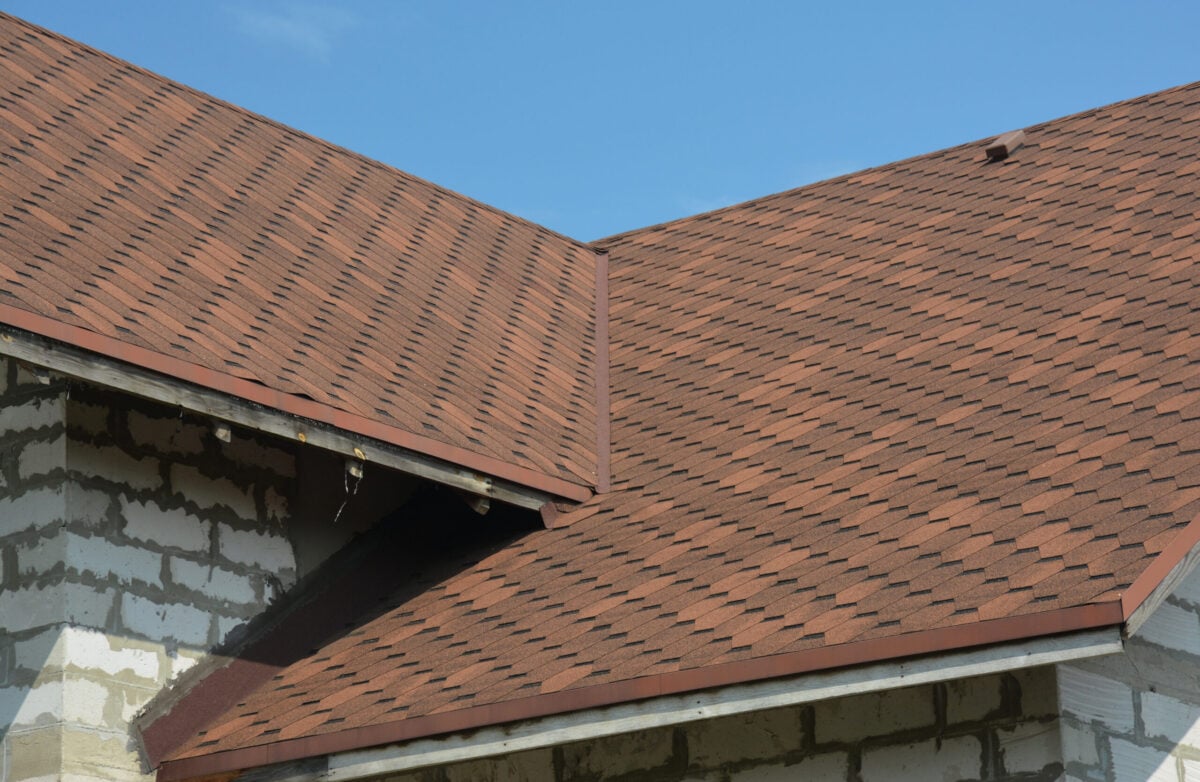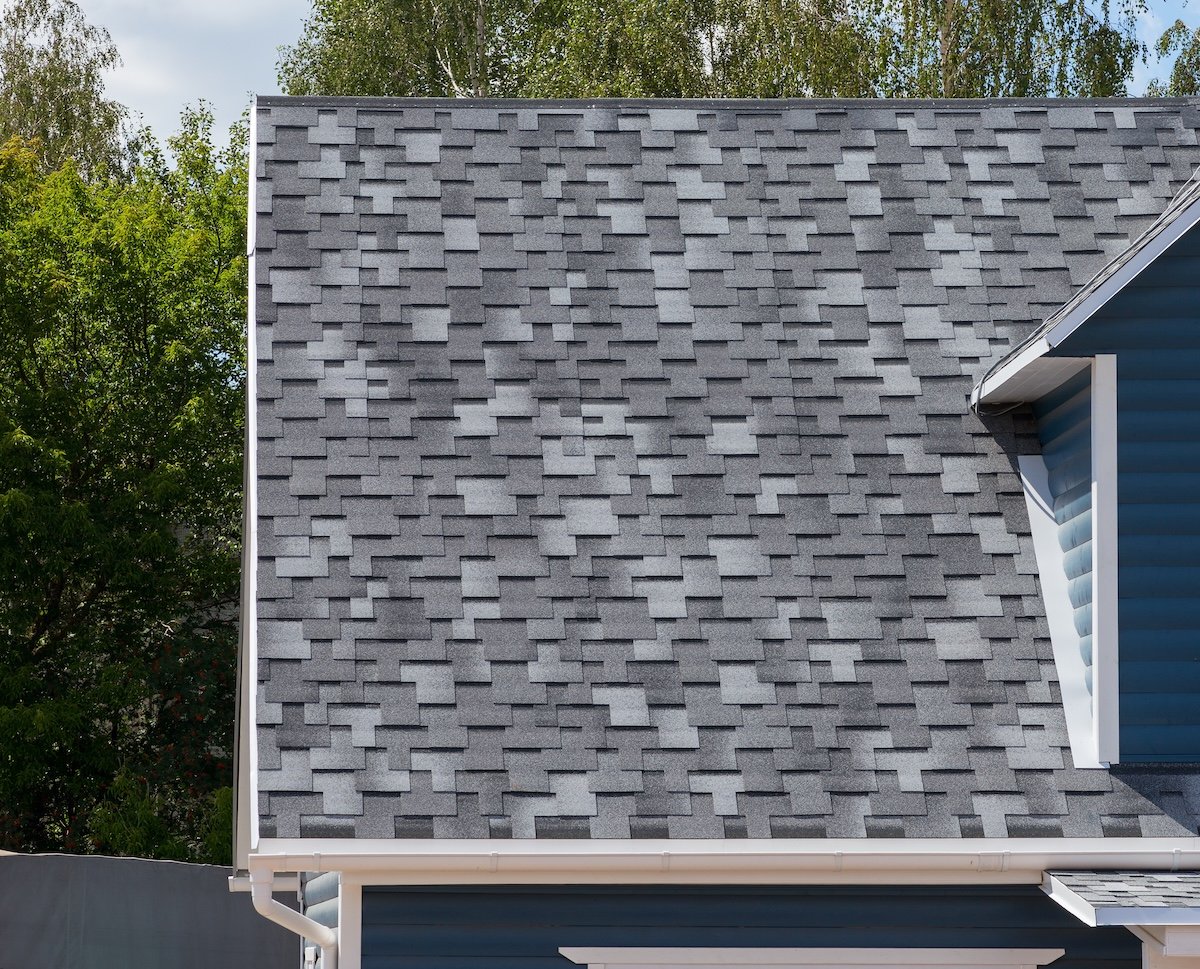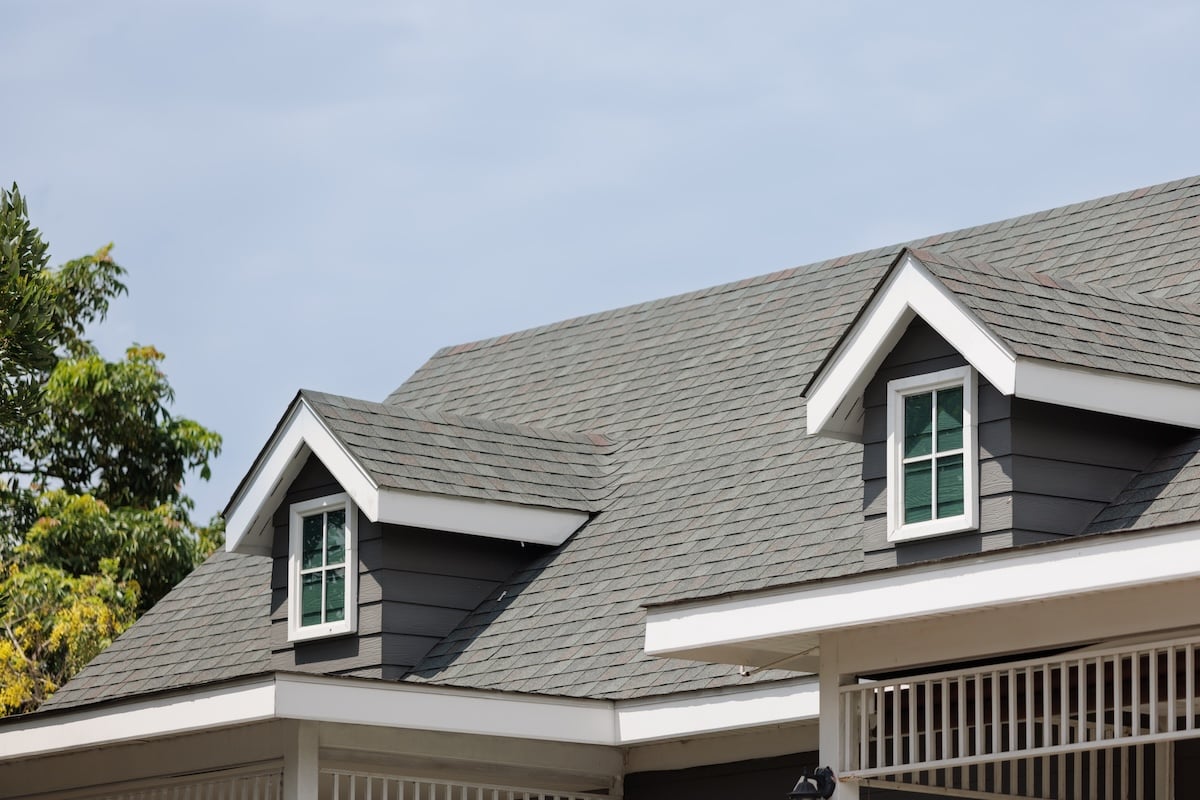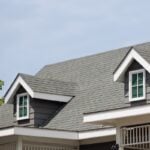
5 Types Of Roof Shingles: Pros & Cons
Your roof is one of the most important investments you’ll make as a homeowner. It protects your family and belongings from harsh weather while adding value and curb appeal to your property. When it’s time to replace or install a new roof, choosing the right shingles can feel overwhelming with so many options available.
Understanding the different types of roof shingles and their unique advantages and disadvantages will help you make an informed decision that fits your budget, climate, and aesthetic preferences. Each material offers distinct benefits, from cost-effectiveness to durability to energy efficiency.
This comprehensive guide covers everything you need to know about roof shingle options, including:
- The most popular types of roof shingles and their characteristics
- Key factors to consider when selecting roofing materials
- Installation and maintenance requirements for different shingle types
- How to choose the best shingles for your specific needs
Understanding Your Roofing Material Options

The roofing industry offers several distinct categories of shingles, each engineered for different performance levels and budgets. The most common types include asphalt shingles, which dominate the residential market due to their affordability and versatility. Wood shingles and shakes provide natural beauty but require more maintenance. Metal roofing has gained popularity for its longevity and energy efficiency. Clay and concrete tiles offer exceptional durability in appropriate climates, while slate represents the premium end of roofing materials.
Each material responds differently to weather conditions, installation requirements, and maintenance needs. Your choice should align with your local climate, architectural style, and long-term homeownership plans.
Key Factors to Consider
- Climate: Certain materials, like metal or slate, perform better in specific weather conditions.
- Budget: Asphalt shingles are cost-effective, while slate and tile are premium options.
- Maintenance: Wood shingles require regular upkeep, while metal roofing is low-maintenance.
- Longevity: Metal and slate roofs offer superior durability compared to asphalt.
- Aesthetic Appeal: Choose a material that complements your home’s architectural style.
5 Shingle Types: A Detailed Breakdown

Understanding the different types of shingles is crucial for choosing the right roofing material for your home. Each type offers unique benefits in terms of durability, cost, and aesthetics, ensuring you make the best choice for your needs.
1. Asphalt Shingles
Asphalt shingles account for approximately 80% of residential roofing in North America. These shingles consist of a fiberglass or organic mat base coated with asphalt and topped with mineral granules for protection and color.
Pros:
- Most affordable roofing option
- Wide variety of colors and styles available
- Relatively easy installation process
- Good fire resistance ratings
- Suitable for most architectural styles
- Readily available replacement materials
Cons:
- Shorter lifespan compared to premium materials (15-30 years)
- Can be damaged by severe weather
- May lose granules over time
- Less environmentally friendly than some alternatives
- Can be prone to algae growth in humid climates
2. Wood Shingles and Shakes
Wood roofing materials offer natural beauty and insulation properties. Shingles are machine-cut for uniform appearance, while shakes are hand-split for a more rustic look.
Pros:
- Natural insulation properties
- Attractive, timeless appearance
- Environmentally sustainable when sourced responsibly
- Can last 30-50 years with proper maintenance
- Naturally resistant to wind damage
- Ages beautifully with weathering
Cons:
- Higher fire risk without treatment
- Requires regular maintenance and treatment
- More expensive than asphalt options
- Susceptible to rot, mold, and insect damage
- Not suitable for all climates
- May have building code restrictions in some areas
3. Metal Roofing
Metal roofing systems include steel, aluminum, copper, and zinc options. They’re available in panels or shingle-style formats to mimic traditional materials.
Pros:
- Exceptional longevity (40-70 years)
- Energy efficient and environmentally friendly
- Lightweight compared to many alternatives
- Excellent fire and wind resistance
- Low maintenance requirements
- Can often be installed over existing roofing
Cons:
- Higher upfront costs
- Can be noisy during rain or hail
- Potential for denting with large hail
- Expansion and contraction with temperature changes
- May not suit all architectural styles
- Requires specialized installation techniques
4. Clay and Concrete Tiles
Tile roofing provides distinctive Mediterranean or Spanish-style aesthetics while offering excellent durability and weather resistance.
Pros:
- Extremely long lifespan (50-100 years)
- Excellent fire resistance
- Energy efficient in hot climates
- Low maintenance requirements
- Available in various colors and profiles
- Pest and rot resistant
Cons:
- Very heavy, requiring structural reinforcement
- Higher installation costs
- Can be brittle and crack under impact
- More expensive than most alternatives
- Limited color options compared to other materials
- Challenging repairs and replacements
5. Slate Shingles
Natural slate represents the premium tier of roofing materials, quarried from metamorphic rock and cut into tiles.
Pros:
- Exceptional longevity (75-150 years)
- Unmatched fire resistance
- Natural beauty and unique character
- Low maintenance once properly installed
- Increases property value significantly
- Environmentally sustainable
Cons:
- Highest upfront costs
- Extremely heavy, requiring structural modifications
- Requires specialized installation expertise
- Limited repair options
- Can be slippery when wet
- Brittle and can crack under impact
Key Factors When Choosing Roof Shingles
Choosing the right roof shingles is crucial for protecting your home from weather damage and enhancing its overall appearance. The right shingles can also improve energy efficiency and increase the value of your property.
Climate Considerations
In hot, sunny regions, choose materials with high solar reflectance. For areas with severe weather, opt for impact-resistant options. Be sure to check local building codes, as they may restrict materials based on fire ratings or wind resistance requirements.
Budget Considerations
Think beyond the initial material costs. Include installation complexity, maintenance needs, and lifespan when calculating total ownership costs. While premium materials may have a higher upfront cost, they often deliver better long-term value.
Architectural Compatibility
Ensure your roofing material matches your home’s design. Traditional styles work well with wood or slate, while contemporary homes can benefit from metal or architectural asphalt shingles.
Installation and Maintenance Considerations

Professional installation is critical for all roofing materials, but some require more specialized expertise than others.
Easy Installation vs. Skilled Expertise
Asphalt shingles offer the most straightforward installation process, while slate and tile require experienced contractors with specialized training and equipment.
Maintenance Requirements
Maintenance needs vary greatly between materials. Metal roofing requires minimal upkeep, while wood shingles need regular treatment and inspections. Consider these factors to choose a material that matches your lifestyle and maintenance preferences.
Warranty Coverage
Warranties differ significantly between manufacturers and materials. Premium products often come with longer warranty periods and more comprehensive coverage, offering added peace of mind for your investment.
Trust Your Roofing Project to the Experts
Selecting the right type of roof shingles is just the beginning of your roofing project. Professional installation makes the difference between a roof that lasts decades and one that fails prematurely. Our experienced team understands the unique requirements of each roofing material and the specific challenges of our local climate.
Don’t leave your family’s protection to chance. Contact our roofing experts today for a free consultation and detailed estimate. We’ll assess your home’s specific requirements and help you choose the perfect roofing solution that combines durability, beauty, and value for years to come.



Comment (0)